Financial
Roadmap
A clear, personalised path to your financial goals.

If we’ve learned anything from the last few years, it’s that we really can’t predict the future. At the beginning of 2020, who would have thought we were going to be cast into more than two years of social and economic turmoil?
When life throws a spanner in the works and you end up being unable to rely on your normal income, having finances to fall back on can be extremely beneficial and provide you with much needed peace of mind.
It doesn’t have to be a global pandemic; perhaps you unexpectedly lose your job, or you get sick and are unable to earn your regular wage. While income protection insurance is a useful part of your financial support system, this is also when an emergency fund becomes incredibly valuable.
The question of how much you should have in your emergency fund really depends on your lifestyle and regular expenditure. Some people say you should have at least three months’ worth of your expenses set aside… but if you are just starting to build your fund, it might be easier to aim for one month’s worth and build from there.
You need to fully assess your budget to determine how much you would need to meet all your obligations. Detail everything – mortgage payments or rent, household bills, groceries, transport and other must-haves. Next you should consider how much it would cost to keep up your current lifestyle without having to cut back or turn to credit to fund your day-to-day.
If you are unsure about your incidental spending, it’s a good idea to track your expenses over a period of time so that you can get a solid indication of where your money goes. This is a great opportunity for you to also start identifying areas where you can save some extra dollars… or at least recognise where you could tighten your belt should something happen, and you need to rely on emergency funds.
Once you have worked out the figure you need, you can focus on saving. You can re-evaluate your budget and start putting regular amounts aside. If one big goal seems too difficult to achieve, break it down into smaller amounts – $1,000 at a time is a great way to start.
Depending on your personal circumstances, you might want to keep your emergency fund in a mortgage offset account, or within a redraw facility. Here the funds can help reduce the interest you are paying on your mortgage… plus they aren’t as easily accessible as they would be sitting in a standard savings account… so you aren’t as tempted to dip into them!
If this isn’t an option, then open a separate savings account. Interest rates are on the rise, so compare what’s on offer and make sure you check any associated fees. The plan is that the funds will sit in the account until you absolutely need them, so with any luck they can earn a bit of interest in the meantime.
It’s not a good idea to put your emergency fund dollars in the investment market… volatility means the funds could fluctuate and you want to make sure that every cent is available when you need it.
What is an emergency to you might not be to someone else, so there’s no definite answer to this question.
One of the most typical emergencies that would warrant accessing your emergency fund is sudden unemployment. If you don’t have a regular wage, you still need to be able to cover your basic living costs. You have to be able to keep a roof over your head and food on the table. And of course, you need to pay bills and be able to cover transportation expenses.
But other emergencies will really depend on your personal financial situation and what is important to you and your family.
For example, if your car breaks down and needs urgent repairs, this could constitute an emergency because you need to be able to drive to work. Or if your child chips a tooth and you end up with a large dentist bill, this could be a time to withdraw some money from your fund.
The best way to think about it is that you should use your emergency fund for an unexpected ‘need’. While the money is yours and you have done a great job saving it, we urge you to resist the temptation to splurge on a great deal for a weekend away… because you never know when a real emergency will happen.
If you’d like to discuss your personal wealth management with one of our team members, please contact us today.
Read more Financial Planning articles.
Every client journey begins with a conversation. We look closely at where you are now, what matters to you, and what’s possible. Then we structure our advice to match.
A clear, personalised path to your financial goals.
Proactive strategies to maximise your tax savings.
Tailored plans aligned with your goals and risk profile.
Regular guidance to keep your plan on track.
Retired business owner
After decades of running a successful pharmacy, John sought financial guidance to simplify decision-making and support long-term planning.
“I feel genuinely supported by First Financial. I can ask anything, and there’s no pressure, just clear advice and real care. The money’s growing, I’m not stressed about it, and I feel completely at ease for the first time. I don’t miss work, but I’d miss the support I get from First Financial.”
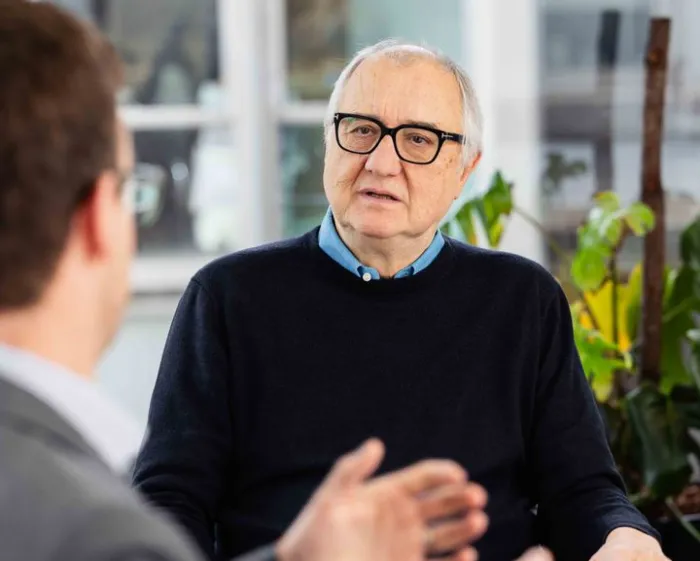
Newly retired
As retirement neared, Larry and Virginia were ready to enjoy travel, family, and freedom, without uncertainty. A friend recommended First Financial, and from the first meeting, they had a clear plan, a safety net, and people they trusted.
“We’ve travelled the world, Europe, Sri Lanka, Vietnam, without once stressing about the money. They made everything feel simple and gave us the confidence to live well. We feel secure because we know exactly where we stand, and that peace of mind means everything.”

Retired
Jan's husband managed the finances until entering aged care. Jan gradually stepped into the financial picture with First Financial’s support.
“The money just comes in. I don’t have to think about it. And I know they’re always there. They’ve always been there in the background, just quietly making things work.”
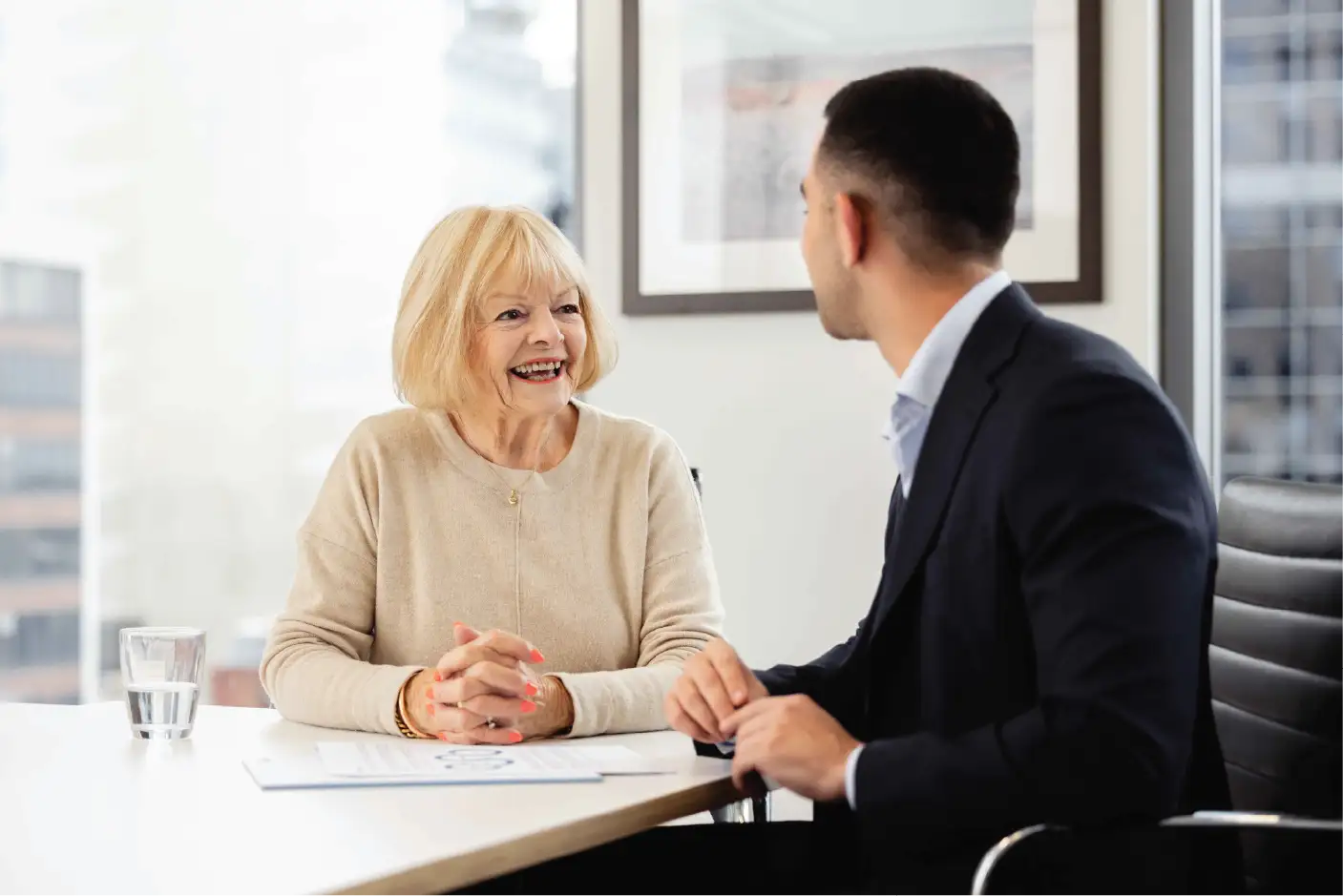
Retired widow
Lyn stepped into financial management for the first time after her husband's passing. With patience and care, First Financial supported her through grief, learning, and empowerment.
“After my husband passed, I was completely unsure where to start. First Financial gave me the space to learn, to ask questions, to grow confident. They drew a diagram that I still have. And now, I sleep well at night knowing I’ve got someone in my corner.”

Early retirement and working professional
When Tim received an overseas medical settlement, he and Adam had just 14 days left in a 90-day window. They needed clear guidance, fast. A referral led them to First Financial.
“We’re in totally different life stages, but First Financial built a strategy that supports us both. From urgent legal steps to ethical investing, they handled every detail with calm, care, and real expertise. It’s financial freedom without compromise, and we couldn’t have done it without them.”

Retired and semi-retired
Referred by friends who were helped through aged care, Craig sought secure financial guidance after inheriting funds.
“We feel very secure with First Financial, the income just comes in, and we know everything is being looked after. It’s not just safe, it’s smart. We’ve recommended them to others because we genuinely believe in the team.”
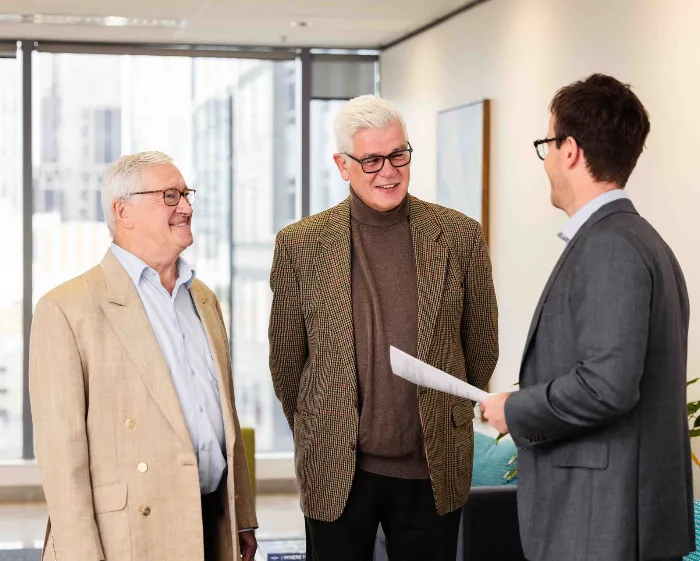
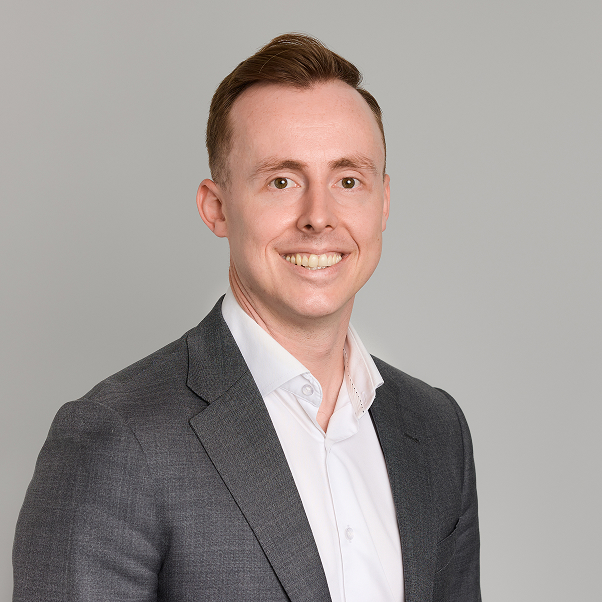
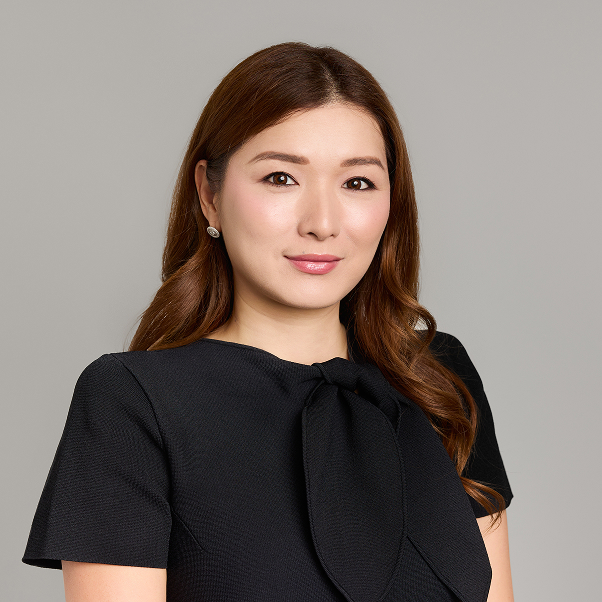
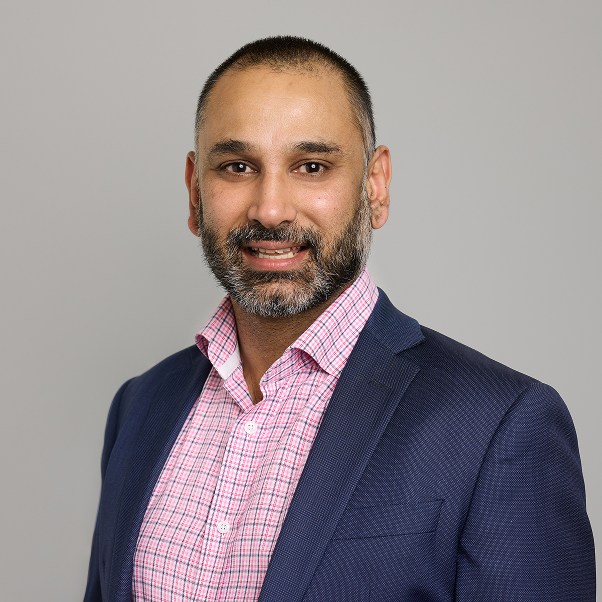
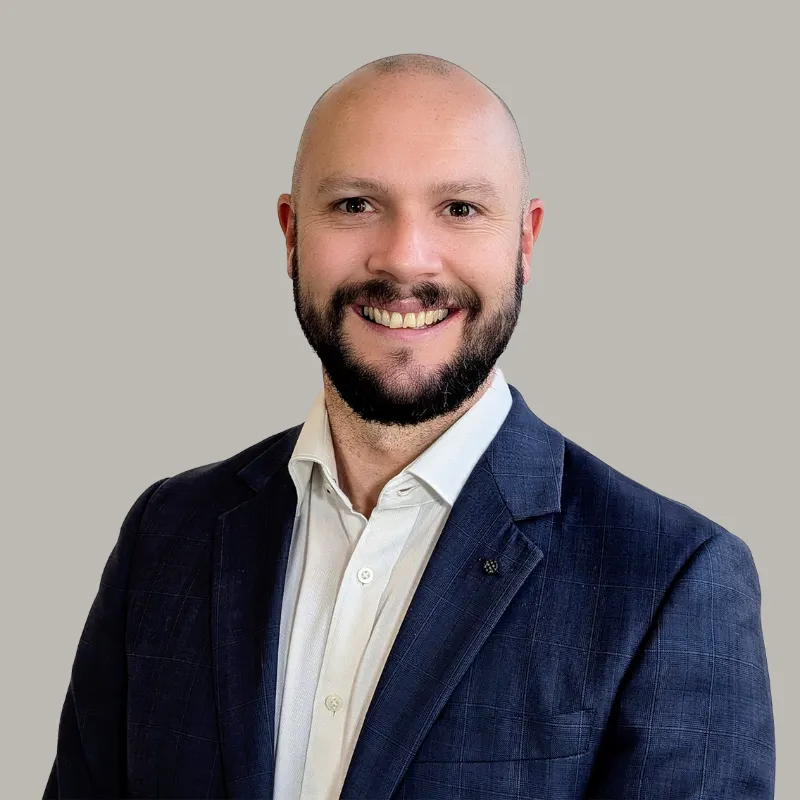

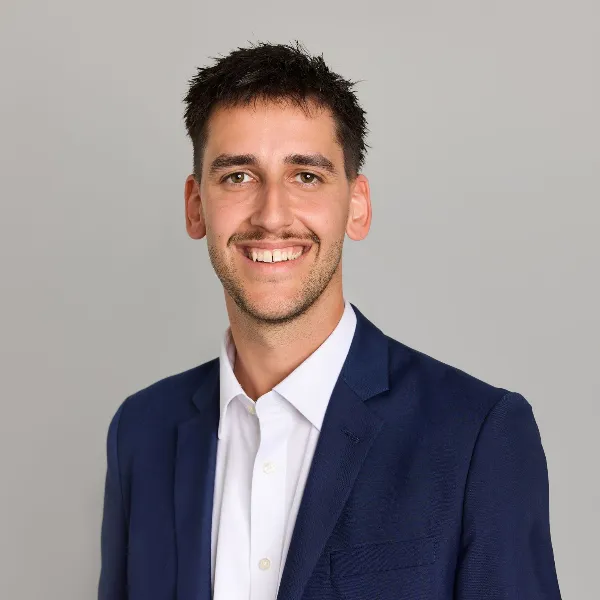

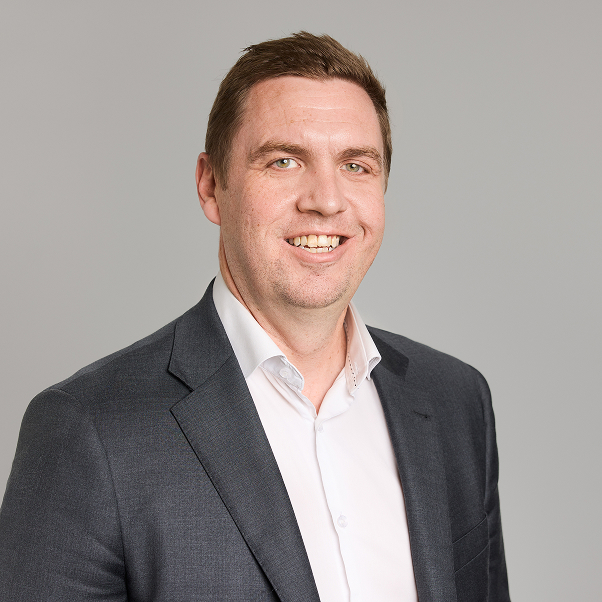
You can use the form below to make a general or initial enquiry.
You can also book a 15-minute call with an adviser by clicking the blue button below.
You can use the form on the right to make a general or initial enquiry.
You can also book a 15-minute call with an adviser by clicking the blue button below.
Fill in your details and briefly let us know how we can help.
We’ll reach out to schedule a time that suits you.
Enjoy an obligation-free initial meeting to discuss your goals and explore how we can guide you toward financial confidence.
Let’s start the conversation.
We look forward to hearing from you!
Level 9, 90 Collins Street,
Melbourne, VIC, 3000
Office Hours
Mon – Fri | 9:00 am – 5:00 pm